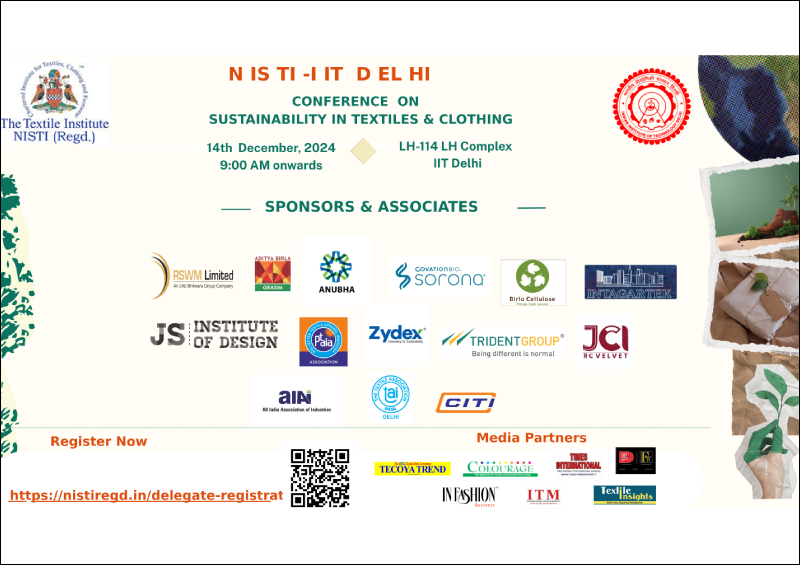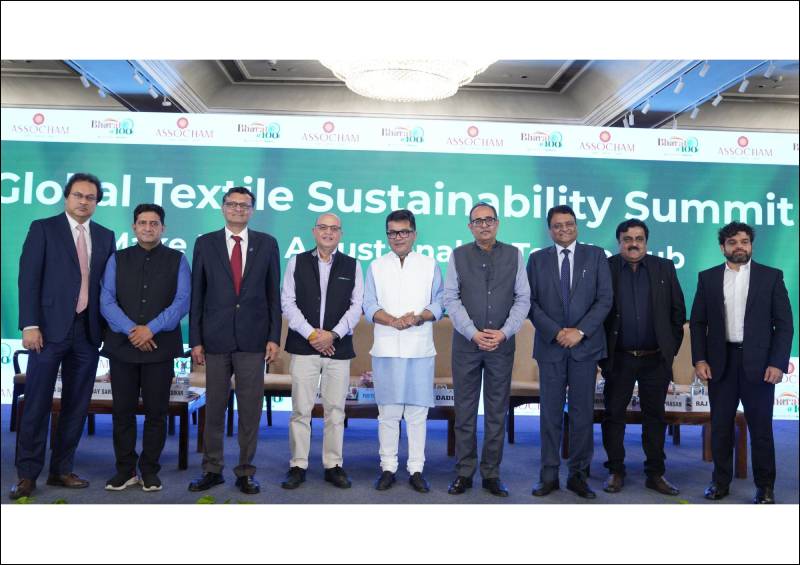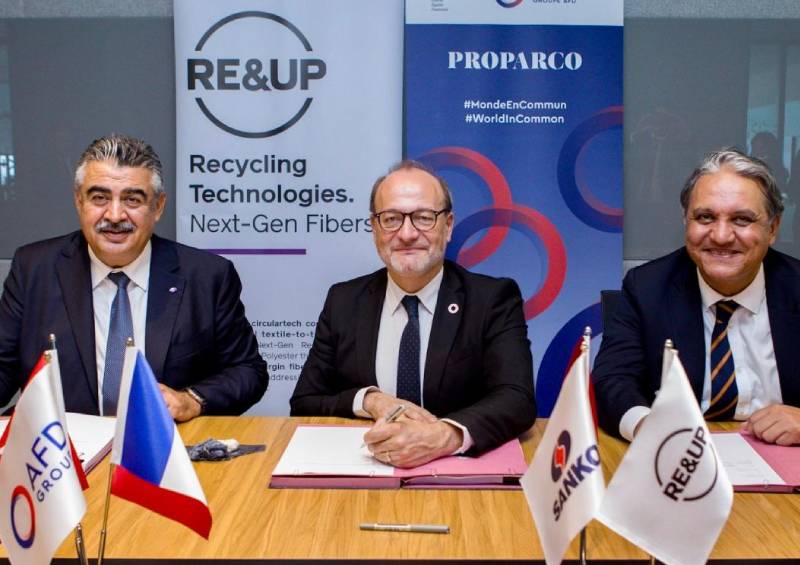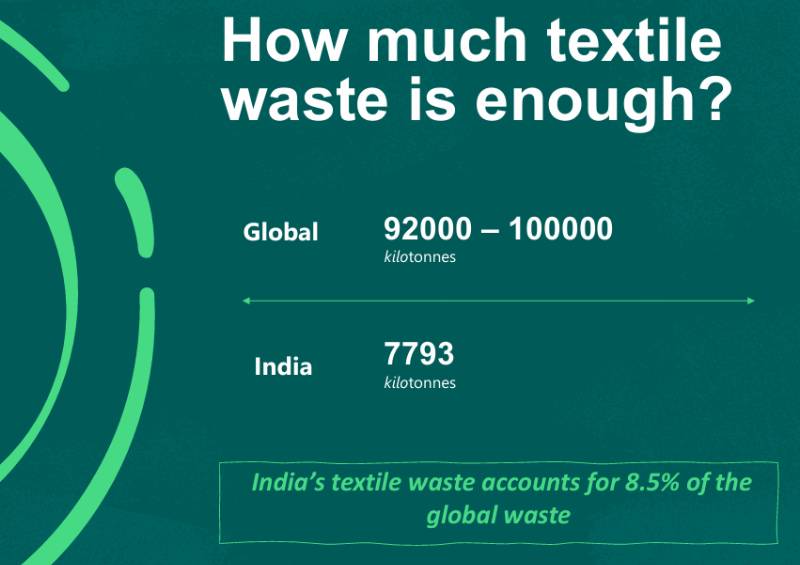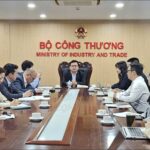The North India Section of the Textile Institute (NISTI), in collaboration with the Department of Textile and Fibre Engineering at IIT Delhi, has announced a one-day conference titled “Sustainability in Textiles & Clothing – Emerging Trends in Fibres, Fabrics, Processes, and Fashion.”
Strategic collaboration aims to drive growth of and access to recycled fibres Birla Cellulose, the cellulosic fibres business of the Aditya Birla Group and one of the world’s leading Man-Made Cellulosic Fibre (MMCF) producers through its flagship company Grasim Industries Ltd, and Circ, a US-based textile-to-textile recycling innovator, have announced a long-term strategic
According to a new briefing by the European Environment Agency (EEA), reducing the use of PFAS—also known as “forever chemicals”—in textiles is crucial for enhancing recyclability and advancing a circular economy. Textiles are a major source of PFAS pollution in Europe. These chemicals, widely used in clothing, carpets, and household items for waterproofing and
Pabitra Margherita, Hon’ble Minister of State, Ministry of Textiles, Government of India, addressed the ASSOCHAM Global Textile Sustainability Summit, emphasizing the vital role of sustainability in the textile industry. He outlined a vision for India to lead in sustainable textiles, inspiring global responsibility. Margherita stressed the importance of collaboration
Selenis is participating in the Life Politex project, an innovative initiative aimed at tackling textile waste from the fast fashion industry. The current linear model of textile production and fast fashion contributes significantly to textile waste, with global figures from 2020 showing 93 billion m³ of water consumption, 1.7 billion tonnes of CO2 emissions and […]
Proparco has granted a €70 million senior loan to RE&UP Recycling Technologies, a circular-tech textile recycling venture of SANKO Group, to expand its textile recycling capabilities and reduce its environmental footprint. This funding will help RE&UP scale its next-gen recycled fiber production and build a new textile-to-textile recycling factory in Gaziantep,
Canada is ramping up its initiatives to tackle plastic waste and pollution in the textile and apparel industry. Textiles are the fifth-largest category of plastic waste in Canadian landfills, prompting the government to prioritize keeping these materials in the economy and out of the environment. On July 4, Steven Guilbeault, Minister of Environment and Climate […]
Highlights of the industry recommendations: Removal of import duty from all varieties of cotton Increase the BCD on MMF yarn from the present 5% to 10%. Exempt varieties of textile raw material (fibre and yarn) which are not available domestically from the scope of Quality Control Orders (QCOs) Statutory/regulatory measures to curb cheap imports of […]
By leveraging the efforts of Circular Economy Catalysts, the textile industry can significantly reduce its environmental impact and contribute to a more sustainable future, write Dr P Alli Rani, Director and Dr TKS Lakshmi Priya, Adjunct Faculty at Sardar Vallabhbhai Patel International School of Textiles & Management, Coimbatore The circular economy is a
In a landmark presentation at the Extended Producer Responsibility (EPR) Forum, Valérie Boiten of the Ellen MacArthur Foundation outlined the crucial role of EPR in transitioning to a circular economy for textiles. Boiten emphasized the urgent need for a systemic shift in textile management, highlighting that approximately 12 million tonnes of textiles are introduced to


